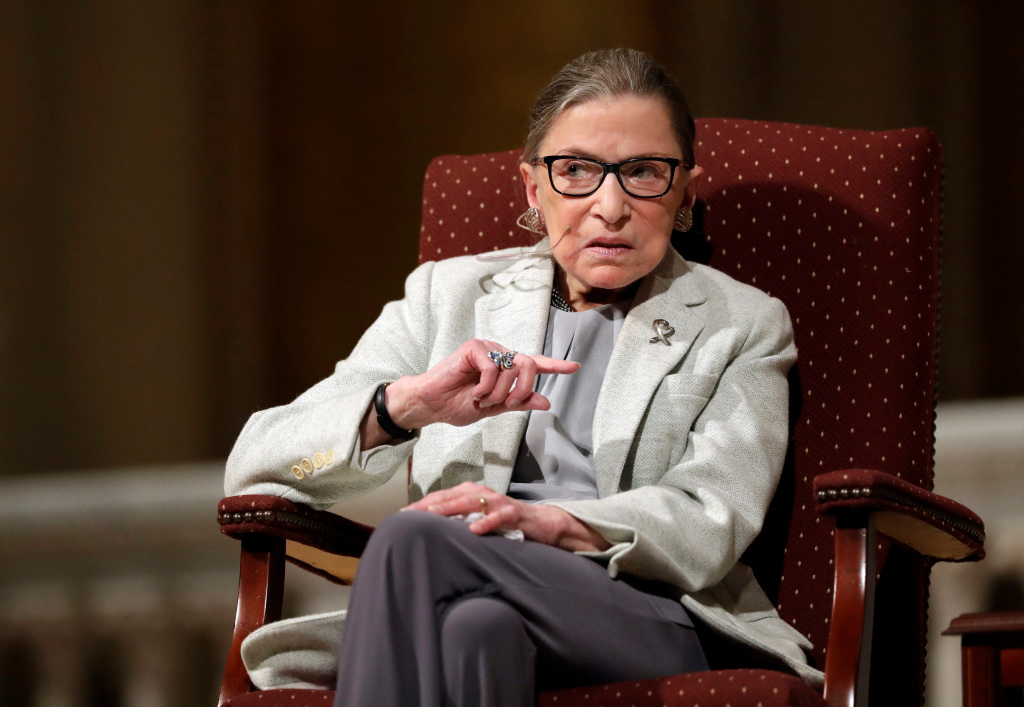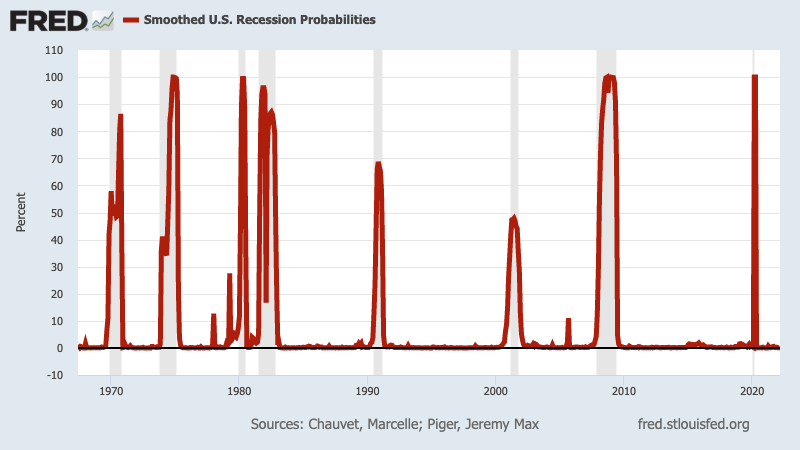Few altered the arc of the American economy more than Ruth Bader Ginsburg.
The legendary litigator and high-profile Supreme Court justice died last week at 87 after a long battle with cancer. Her legal legacy, and its economic impact, lives on.
Ginsburg’s work before and during her 27 years on the nation’s highest court advanced gender-based financial equality, which opened opportunities for women by getting the law to ignore gender — especially when it came to money matters.
Her cases and the cause she promoted forced the government to reject the notion that men worked and women cared for the home. In the past 60 years this movement spread to the private sector and altered everything from the workplace to personal financial habits as much as any technology breakthrough, managerial innovation or Wall Street dealmaking.
Two economic statistics show the dramatic change since Ginsburg entered the workforce in 1959 — an effort that was by no means successful, at first.
In 1960, 38% of adult women were employed; in 2019 it was 57%. Dual-income households grew to 60% from 25% at the same time.
Ginsburg’s own life was a prime example. An undergraduate degree from an Ivy League college; then a law degree from another Ivy League school, tied for first in her class, no less. Upon graduation, she got no job offers.
It wasn’t just that she was a woman. She was also married, and the couple had at the time a 4-year-old daughter. It was a budding two-income household in the making, decades too early.
“We should each be free to develop our own talents and not be held back by man-made barriers,” Ginsburg wrote in her 2016 book “My Own Words.”
Fighting for men
Ginsburg eventually was employed as a law school professor. She made time to help legal cases she viewed as important to the economic equality cause.
The only case she lost as a lawyer arguing in front of the U.S. Supreme Court revealed some of her tactics.
The battle was over a 1941 Florida law giving widows a $500 break on their property taxes. A widower’s lawsuit claiming discrimination had meandered through the legal system to the nation’s highest court.
Ginsburg – who had by 1974 become a top discrimination attorney as a volunteer for the American Civil Liberties Union — made her signature argument: favoring either sex was a violation of the U.S. Constitution‘s 14th amendment and its equal protection clause. But the Supreme Court upheld Florida’s tax break.
Why? Curiously, the justices saw the government’s gender-based savings as fair compensation for a woman who may have been discriminated against in her lifetime and faced bleak employment prospects if she returned to the workplace.
That type of life-limiting patriarchy was fuel for Ginsberg.
Part of her genius was the legal attacks she chose: battling gender discrimination against men, like in the Florida case. She believed an all-male Supreme Court at the time — remember she was only the second female justice — might better relate to economic injustice involving a man.
Take the 2018 biopic movie “On The Basis of Sex” that tells Ginsburg’s life the story, granted with some Hollywood flair, as witnessed through her second major legal victory.
Her client was a man denied a federal income tax break that would have been paid if he was a woman. Ginsberg was building on her first victory: co-authoring legal papers that overturned an Idaho law giving men preference as the executor of an estate.
Seemingly small battles added up to significant legal precedent. Her Supreme Court victories as a litigator included cases where men were discriminated in getting Social Security benefits, tax breaks and military family benefits.
“I don’t say women’s rights — I say the constitutional principle of the equal citizenship stature of men and women,” Ginsburg once said.
Equal opportunities
Let’s ponder the era in which attorney Ginsberg was arguing for gender economic equality.
At Rutgers University where she taught, she discovered female educators were paid less than male peers. The school eventually fixed its pay scales.
There’s little doubt that slight was remembered in 2007 when Ginsburg was a losing jurist as the Supreme Court ruled for an employer paying female workers less than men. In a rare public reading of a dissent, Ginsburg said the court “is totally at odds with the robust protection against workplace discrimination Congress intended.”
That effort inspired the Lilly Ledbetter Fair Pay Act, which was President Barack Obama’s first official piece of legislation in 2009.
Ginsburg’s work motivated other changes, too. Until the 1974 Equal Credit Opportunity Act, banks could legally discriminate against women when it came to various financial activities.
A single woman could have a bank account, but if she married, the funds were merged into her husband’s account. Women often needed male cosigners to get credit cards, regardless of their income levels. Married couples when seeking a mortgage found that bankers would not consider, or harshly discounted, the wife’s income to qualify for the home loan.
Such out-of-touch practices — many endorsed by government regulation — were common in my adult lifetime. I wince when folks speak of a half-century ago as some sort of enviable “good ol’ days” of American life when you recall the kind of discrimination Ginsburg was fighting.
Today’s RBG economy is a far fairer fight for all.
At her Supreme Court confirmation hearing 27 years ago, Ginsburg repeated the words of 19th Century women’s rights activist Sarah Grimke: “I ask no favor for my sex. All I ask of our brethren is that they take their feet off our necks.”











